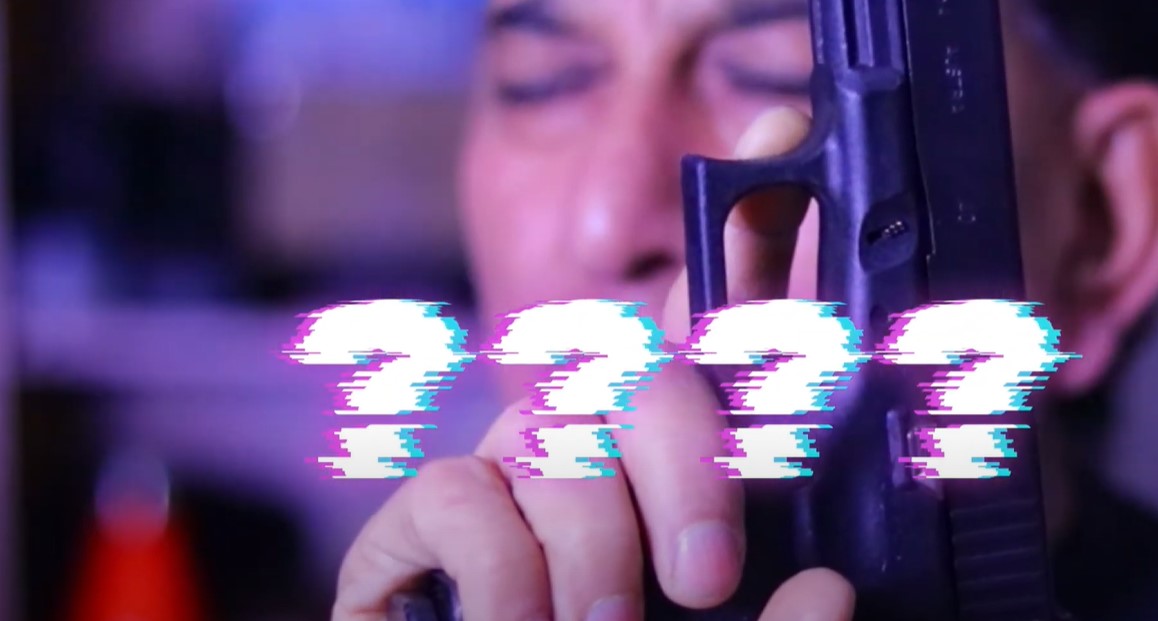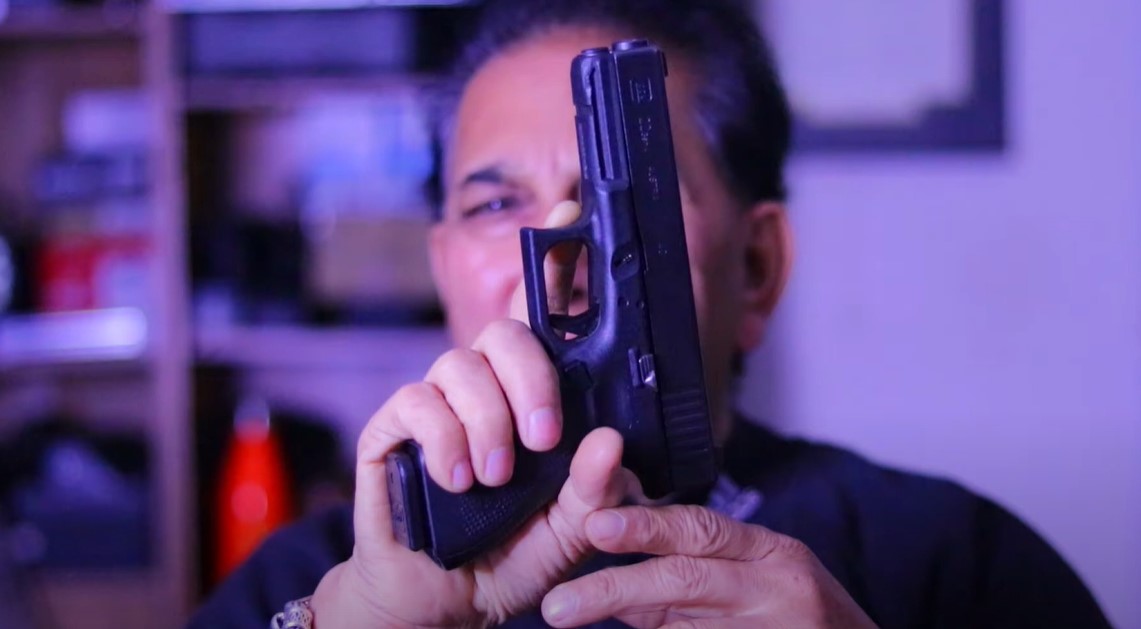How to sell a gun in Texas can be as vast and varied as the Lone Star State itself. Regarding firearms, Texas is known for its strong affinity for Second Amendment rights. Yet, selling firearms requires a proper understanding of state laws and regulations to ensure safe and legal transactions. Whether you’re a rancher in the Rio Grande Valley or an urbanite in Houston, this guide will pave the way to selling your gun legally and securely in Texas. 🤠🔫
Understanding Texas State Law
While federal laws dictate certain regulations, Texas state law adds nuances to the mix.
- First and foremost, unlike many states, the law does not require private sellers to conduct a background check when selling a firearm. However, ensuring the buyer is eligible remains crucial.
- Individuals must be at least 21 years old to purchase a handgun. If they’re buying a rifle or shotgun, they must be no younger than 18 years.
- It’s illegal to sell firearms to felons, people under protective orders, or anyone addicted to drugs. As a seller, you are responsible for ensuring the buyer doesn’t fall into these categories.

Choosing the Right Sale Avenue
Knowing who buys guns in Texas and where you can sell them is half the battle.
- Consider a local gun store or a shop for those wondering how to sell my gun. These businesses typically buy used firearms or offer consignment services.
- Gun shows provide another avenue. They’re frequent in Texas and offer a place where many interested buyers gather.
- If you prefer online sales, various platforms allow firearm listings. However, always ship through a licensed FFL to ensure you’re not breaking any laws. The buyer typically covers the shipping label costs.
Read also: How to Sell a Gun in Florida
Federal Guidelines to Consider
While Texas offers flexibility, federal regulations still play a role in selling a gun in Texas.
- Always use a licensed FFL (Federal Firearms License) dealer if you’re shipping a gun out of state. This ensures that firearm transfers happen legally and with a mandatory background check.
- Machine guns and other automatic firearms require special licenses and aren’t typically part of regular firearm sales.
- Remember, while Texas might not require a license for private gun sales, if you’re selling frequently or as a business, you may need a license to sell firearms or a Federal Firearms License (FFL).
Read also: How to Sell Guns
Conclusion
Successfully selling a gun in Texas revolves around respecting state and federal regulations. While the state grants its citizens considerable freedom in private gun sales, responsibility remains a key element. Always prioritize the safety of all parties involved, be transparent about the firearm’s condition, and stay updated with any changes in gun laws. Doing so will ensure a smooth and legal transaction. 🌟🔫
In the vast landscapes of Texas, the sale of firearms has always been a part of its rich history. Whether it’s the tales of the Wild West or modern-day sales, knowing the nuances of the law ensures that every Texan can exercise their rights without crossing legal boundaries. Happy selling, and always remember: Stay informed, stay safe, and shoot straight! 🤠🌵🔫

